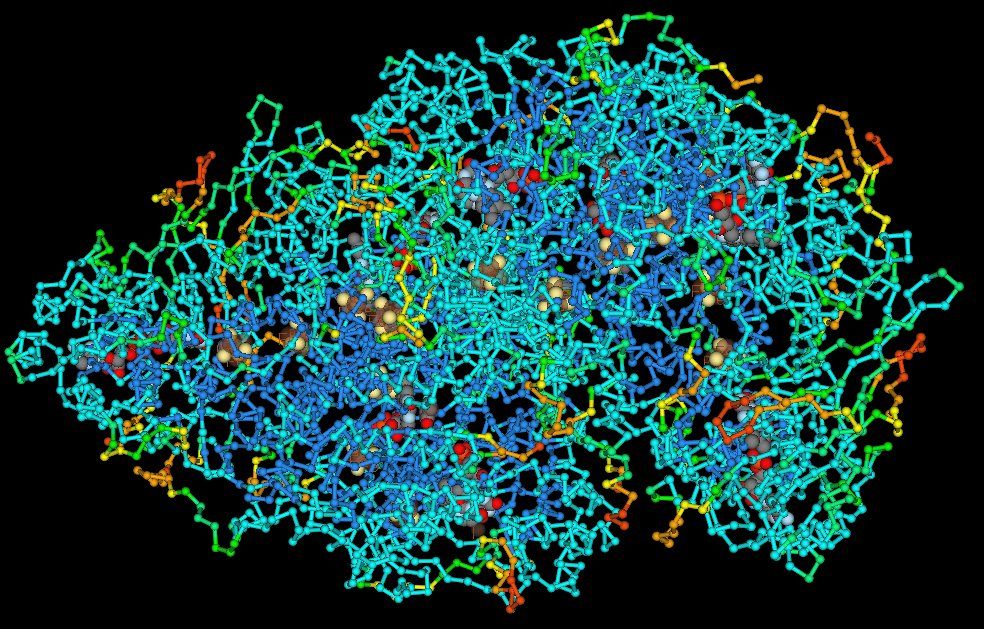Top Uses Polymers: Enhancing Everyday Products
Exploring the Varied Applications and Benefits of Polymers in Different Industries
Polymers, with their diverse range of residential properties and performances, have become crucial in different sectors, each gaining one-of-a-kind gain from their application. Polymers. From enhancing safety and performance in the automobile market to changing medical gadgets in the medical care market, polymers play a crucial role. Their environmentally friendly nature is altering the landscape of sustainability techniques. As we look into the midsts of polymers in electronic devices, we uncover cutting-edge advancements, while their architectural stability changes the realm of building and facilities. The pervasive influence of polymers throughout industries is a testimony to their adaptability and adaptability, forming the future of plenty of sectors.
Automotive Field Applications
Polymers play an essential function in boosting the efficiency and sturdiness of numerous components within the vehicle field. These flexible products are extensively made use of in the production of various parts, ranging from interior elements to under-the-hood applications. One noticeable use of polymers in the automotive industry is in the production of lightweight parts. By replacing traditional steel get rid of polymer-based choices, automobiles can achieve improved gas performance without compromising on strength or safety and security.

Health Care Industry Advantages
In different health care applications, the benefits of utilizing polymers are commonly recognized for their varied array of useful buildings. Polymers play an important duty in the medical care market because of their versatility, biocompatibility, and cost-effectiveness. One of the main benefits of polymers in health care is their capacity to be tailored to specific demands, such as flexibility, sturdiness, and biodegradability, making them ideal for a large range of medical applications.
Polymer-based products are extensively used in clinical devices, such as catheters, implants, prosthetics, and medication delivery systems, as a result of their biocompatibility and capacity to imitate natural tissues. These materials can reduce the risk of allergies or rejections, boosting person safety and security and end results. Additionally, polymers are light-weight, making them suitable for wearable clinical tools and making sure individual comfort.
Additionally, polymers make it possible for the growth of cutting-edge therapy approaches, such as hydrogels for tissue engineering and nanocomposites for targeted drug distribution. Their ease of processing and sterilization makes them vital for maintaining high this page requirements of health in medical care setups. On the whole, the varied advantages of polymers add considerably to improvements in medical innovation and patient treatment.
Ecological Advantages of Polymers

In addition, polymers can add to power savings due to their light-weight nature. In sectors such as transport, lightweight polymer materials can aid reduce gas usage and greenhouse gas emissions. Furthermore, polymers can enable the growth of energy-efficient items such as insulation materials that improve energy conservation in buildings.
Moreover, polymers play a vital role in reducing water air pollution. As an example, the use of polymer-based purification systems can successfully get rid of pollutants and pollutants from wastewater, protecting water resources and ecological communities. In general, the environmental advantages of polymers make them beneficial possessions in promoting sustainability and eco-friendly practices throughout various markets.
Polymers in Electronics and Modern Technology
Taking into consideration the enhancing need for ingenious and sustainable options in modern industries, the integration of sophisticated polymer modern technologies in the realm of electronic devices and modern technology has become an essential method for driving efficiency and efficiency. Polymers have transformed the electronics market by allowing the manufacturing of lighter, a lot more adaptable, and resilient electronic devices. From smartphones to medical gadgets, polymers play an essential role in boosting item layout and performance.
One significant benefit of polymers in electronics is their shielding homes, which assist shield delicate digital parts from environmental elements and electrical disturbance. Additionally, polymers are important in the growth of adaptable displays, wearable modern technology, and published electronic devices, offering limitless possibilities for developing clever and interconnected devices.
Additionally, using polymers in digital product packaging has actually caused advancements in miniaturization and thermal administration, enhancing the general efficiency and reliability of digital systems. As technology remains to evolve, the adaptability and versatility of polymers will undoubtedly drive further advancement in the electronics sector, shaping the future of technology.
Function of Polymers in Building and Infrastructure
The combination of sophisticated polymer materials in building and infrastructure tasks has reinvented the way structures are designed and integrated in modern times. Polymers supply many benefits in the building and construction industry her response due to their flexibility, resilience, and cost-effectiveness. One vital function of polymers in construction is their usage in finishings and sealants, supplying defense against ecological aspects such as wetness, UV radiation, and rust. Furthermore, polymers are utilized in the manufacturing of lightweight and high-strength composite products, boosting the architectural stability of buildings while lowering overall weight.
Additionally, polymers play a crucial role in sustainable building practices by allowing the growth of energy-efficient read this post here structures. Shielding materials made from polymers aid manage interior temperatures, lowering the need for heating and cooling systems and eventually decreasing energy intake - Polymers.
Verdict
In conclusion, polymers play a critical function in numerous sectors such as auto, healthcare, ecological, electronics, and building and construction. Their functional residential properties make them beneficial in producing innovative options and items. From improving fuel effectiveness in lorries to improving clinical gadgets, polymers provide various advantages. Additionally, their influence on lowering waste and advertising sustainability highlights their significance in contemporary applications. The extensive use of polymers shows their significant payment to advancing technology and boosting lifestyle.